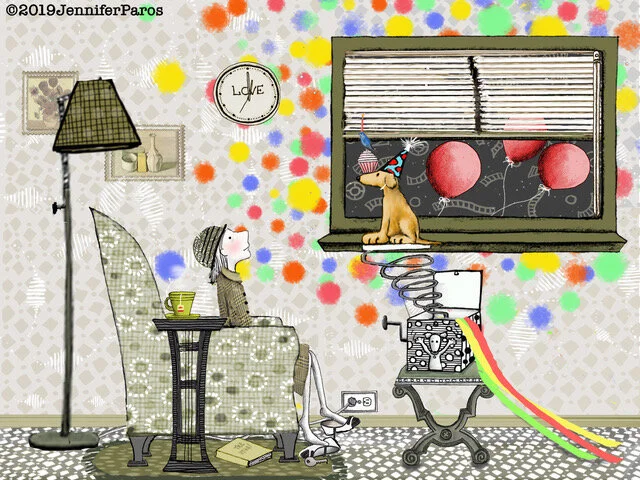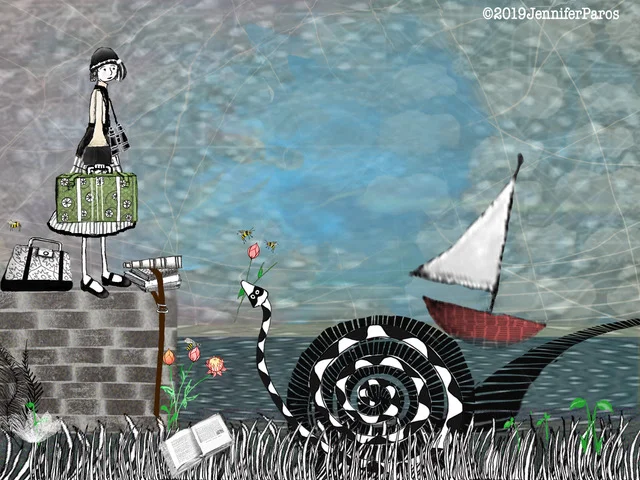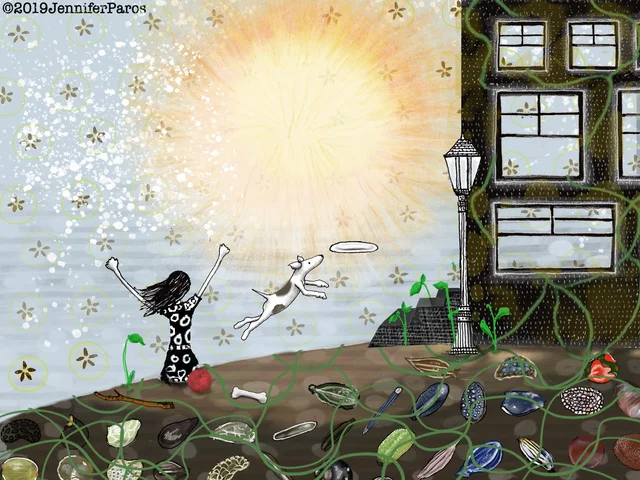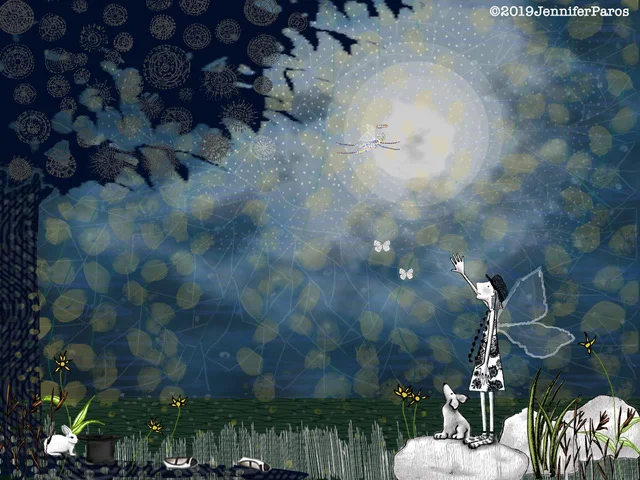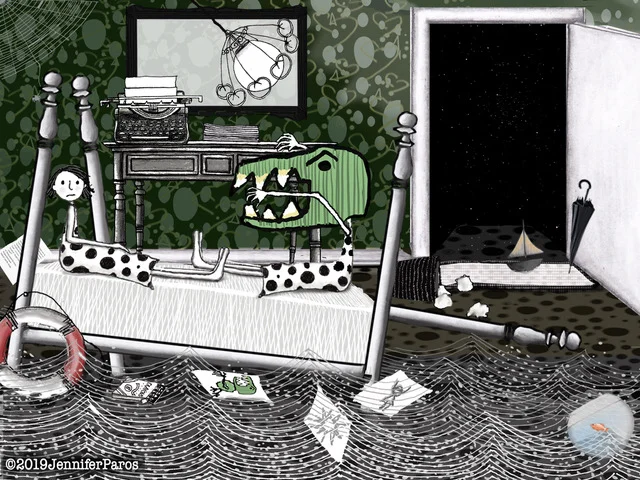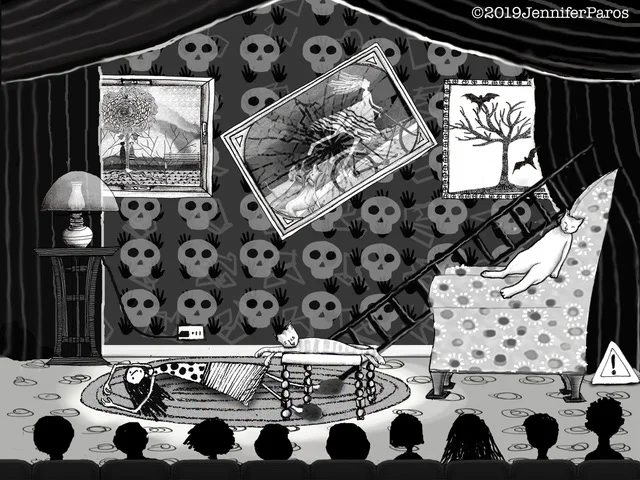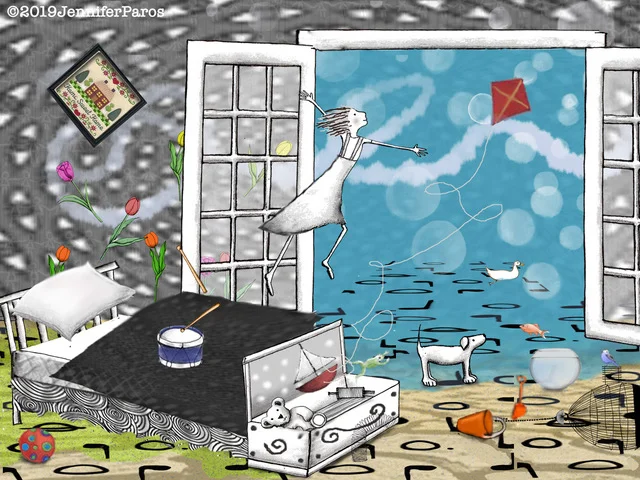I cannot remember which birthday it was; I think I was turning thirteen. Unbeknownst to me, my Mom was attempting to orchestrate a small surprise on my behalf. I remember my friend Wendy asking me to go somewhere in a manner that seemed out of the norm. My antennae went up; it felt as though I was being covertly steered. Things were happening, behind the scenes, over which I had no control. I became uncomfortable and resistant. The thing is – I liked birthdays and I trusted my friends and family. It was a knee-jerk reaction: I wanted to know what was going on. In the end, due to my lack of cooperation and hyper-awareness, I effectively ruined my own surprise.
On the other hand, as a child, I once hid a dollar in hopes I’d forget where it was and happily discover it later. When I eventually did find the dollar, even though I’d forgotten about it, the experience was lackluster. Having engineered my own surprise, I just knew too much. It’s those incalculable factors – in life and in story telling – that make things so interesting and joyful. I had wanted the delight a surprise can bring but without any of the unknowns and uncertainties. As the years have gone by, I still can’t consider myself an embracer of surprise. But recently, I encountered a surprise that made me think about them differently.
Read More
